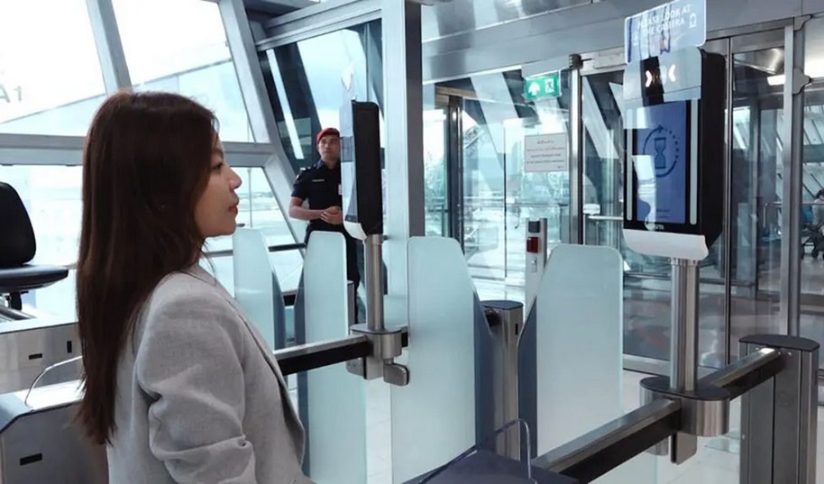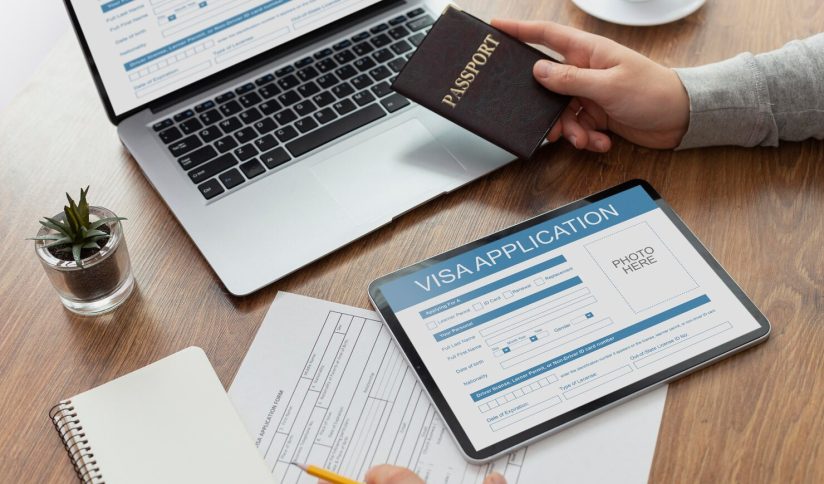How to calculate the Incoterm import price from FOB price to CIF price?
September 24, 2023 | 4988 views
In logistics and international trade, there are numerous specialized terms related to transportation. For example, “Incoterm” (International Commercial Terms) refers to the conditions for delivering goods between the seller and the buyer, providing both parties with an understanding of responsibilities, expenses, and various risks associated with the transaction.
Other terms are related to transportation costs, such as “CIF” (Cost, Insurance & Freight) and “FOB” (Free On Board), each indicating specific aspects of the shipping process and cost allocation.
However, for imports as specified by customs law, the customs value for the imported goods must include insurance costs, transportation costs, unloading charges, loading charges, and various handling charges associated with the transportation of goods to the customs port/point/airport of importation.
Therefore, in cases where the business entities agree on terms that do not include these expenses, when presenting the import value on the cargo manifest, it is necessary to adjust that value to be CIF price.
Difference between CIF and FOB
CIF (Cost, Insurance & Freight)
- CIF Price comes with the condition that the seller’s delivery obligation is fulfilled when the goods are placed on board the vessel at the port of origin.
- The seller is responsible for export procedures.
- The seller is responsible for the transportation contract, pays for loading onto the ship, and the insurance cost until the destination port specified.
FOB (Free On Board)
- FOB Price comes with the condition that the seller’s delivery obligation is fulfilled when the goods are placed on board the vessel at the port of origin.
- The seller is responsible for export procedures.
- The buyer assumes responsibility for the transportation contract, pays for loading onto the ship, as well as other expenses, including insurance costs from the point of delivery (port of origin).
How to adjust FOB price to CIF?
- If there are actual expenses, include them in the FOB price.
- If there are no actual expenses and no documentation showing insurance costs, add 1% of the FOB price for insurance.
- If there is no documentation showing transportation costs, follow these procedures:
- For sea and land transportation, add 10% of the FOB price for transportation.
- For air transportation, add the transportation cost to the price of the goods and insurance. For more details, refer to www.suvarnabhumicargo.customs.go.th
- For postal imports, add the transportation cost based on the international postal rates of Thailand Post, as used during the import.
In the case of trading with delivery conditions as EXW / FAS / FCA
If there is no evidence of payment related to transportation, unloading, and loading of goods for the transfer of goods from the delivery location to the port of shipment, add 3% of the stated price to convert it to FOB price before calculating the transformation from FOB to CIF based on the specified criteria.
Note: In cases beyond this, present to the Director-General of Customs for consideration
Source : Thai Customs





